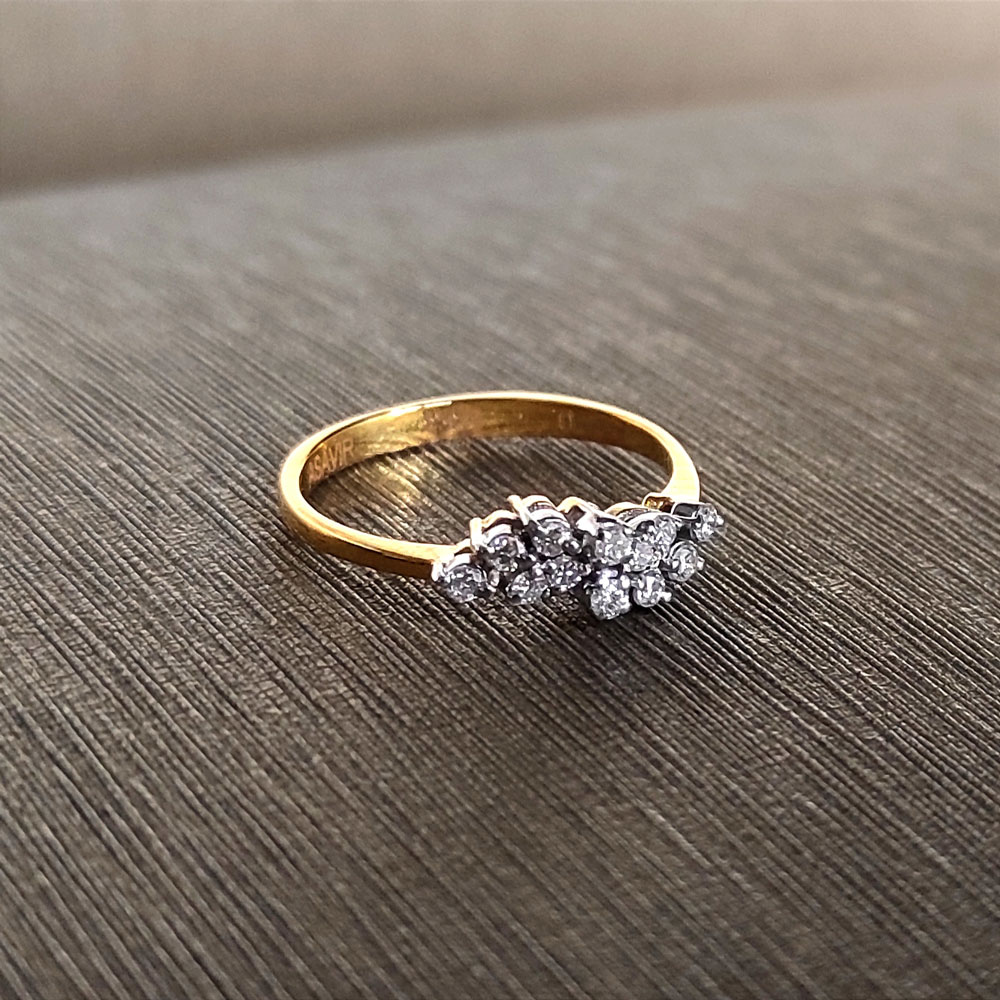Queen of Pawns – 5 Things to Know Before Selling Gold to a Pawn Shop

Introduction
In the realm of financial flexibility, where necessity often meets innovation, the practice of pawning against gold stands out as a timeless solution. But what exactly is pawning? And why does gold play such a pivotal role in this age-old transaction? Let’s delve into the depths of this intriguing financial practice.
Definition of Pawning
gmacker.com is essentially a form of collateralized loan where valuable items, such as gold jewelry or coins, are exchanged for cash, with the option to reclaim the gold upon repayment of the loan plus interest. It’s like temporarily trading your treasured gold possessions for some much-needed funds, ensuring a safety net in times of monetary strain.
Importance of Gold in Pawning
Now, why gold, you might wonder? Well, gold has long been revered not just for its shimmering allure but also for its intrinsic value and stability in the market. In the world of pawning, gold reigns supreme due to its universal acceptance and relatively stable market value.
History of Pawnshops
To truly appreciate the significance of pawning against gold, it’s essential to journey back through the annals of time to explore the origins of pawnbroking.
Origins of Pawnbroking
The concept of pawnbroking can be traced back to ancient civilizations, where individuals would pledge their belongings in exchange for temporary loans. These early forms of pawnshops served as vital financial lifelines for communities, providing a means of accessing funds without resorting to more traditional lending institutions.
Evolution of Pawnshops
Fast forward to modern times, and pawnshops have evolved into sophisticated establishments, offering a wide array of financial services beyond simple collateral loans. From jewelry to electronics, pawnshops now accept a diverse range of items as collateral, yet gold remains a cornerstone of their operations.
Role of Gold in Pawning
But what sets gold apart in the realm of pawning? Let’s unravel the mystique behind gold’s enduring popularity in this age-old practice.
Why Gold is Popular for Pawning
Gold holds a special allure for both pawnbrokers and borrowers alike due to its intrinsic value, durability, and universal appeal. Unlike other items whose value may fluctuate drastically, gold maintains a relatively stable market value, making it a reliable form of collateral for pawnshops. This stability is particularly advantageous for individuals looking to sell gold Melbourne, as pawnbrokers are more inclined to offer favorable terms for transactions involving this precious metal.
Advantages of Using Gold as Collateral
Beyond its stability, gold offers borrowers the advantage of securing higher loan amounts compared to other items of similar value. Additionally, gold-backed loans often come with lower interest rates, making them a more affordable option for individuals in need of quick cash.
Benefits of Pawning Gold
Pawning gold offers a multitude of benefits that make it an attractive financial solution for many individuals facing temporary financial setbacks.
Quick Cash with Minimal Paperwork
One of the primary advantages of pawning gold is the speed and simplicity of the transaction. Unlike traditional bank loans that require extensive paperwork and credit checks, pawning gold allows borrowers to access cash swiftly, often within a matter of minutes.
Lower Interest Rates Compared to Loans
Furthermore, gold-backed loans typically come with lower interest rates compared to conventional loans, making them a more cost-effective option for borrowers. This can translate to significant savings over the life of the loan, providing much-needed relief for individuals facing financial strain.
Risks and Considerations
While pawning against gold offers undeniable benefits, it’s essential for borrowers to approach this financial arrangement with caution and foresight.
Possibility of Losing Valuable Items
One of the inherent risks of pawning is the possibility of forfeiting valuable items if the loan is not repaid according to the agreed-upon terms. It’s crucial for borrowers to carefully assess their ability to repay the loan before pledging valuable possessions as collateral.
Understanding Terms and Conditions
Additionally, borrowers must thoroughly understand the terms and conditions of the loan, including interest rates, repayment schedules, and potential fees. Failure to grasp these nuances could lead to unexpected financial consequences down the line.
How to Pawn Gold
For those considering pawning gold as a means of accessing quick cash, here’s a step-by-step guide to navigating the process with confidence.
Steps Involved in Pawning Gold
- Assess the Value: Begin by determining the market value of your gold items to ensure you’re getting a fair deal.
- Choose a Reputable Pawnshop: Research local pawnshops and select one with a solid reputation for fair and transparent transactions.
- Negotiate Terms: Discuss loan terms, including loan amount, interest rates, and repayment terms, ensuring clarity and understanding.
- Complete the Transaction: Once terms are agreed upon, complete the transaction by surrendering your gold items in exchange for cash.
Tips for Getting the Best Deal
- Shop Around: Don’t settle for the first offer you receive. Shop around and compare offers from multiple pawnshops to ensure you’re getting the best deal.
- Negotiate Wisely: Don’t be afraid to negotiate terms to secure a more favorable loan arrangement.
- Read the Fine Print: Always read and understand the terms and conditions of the loan agreement before signing on the dotted line.




